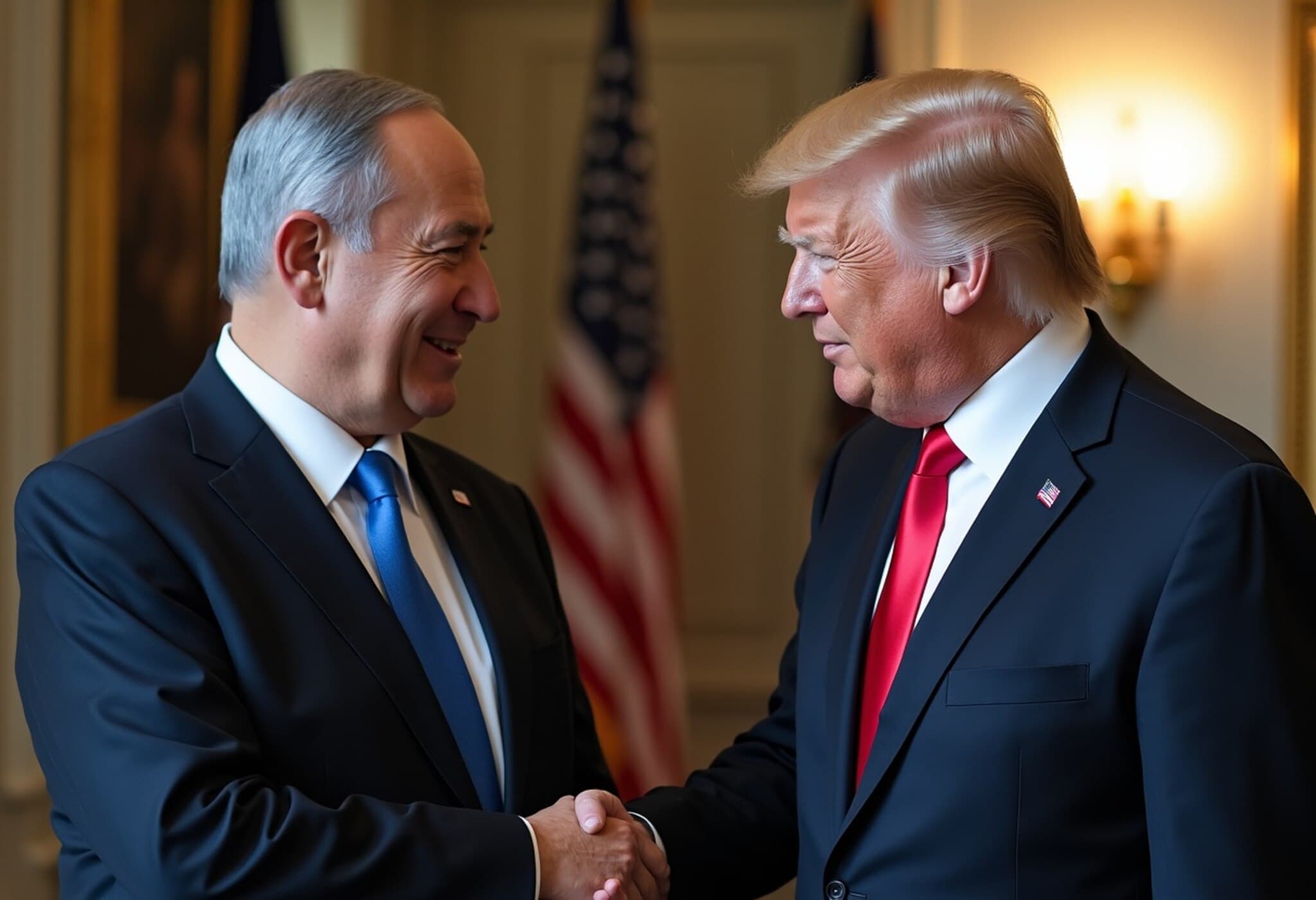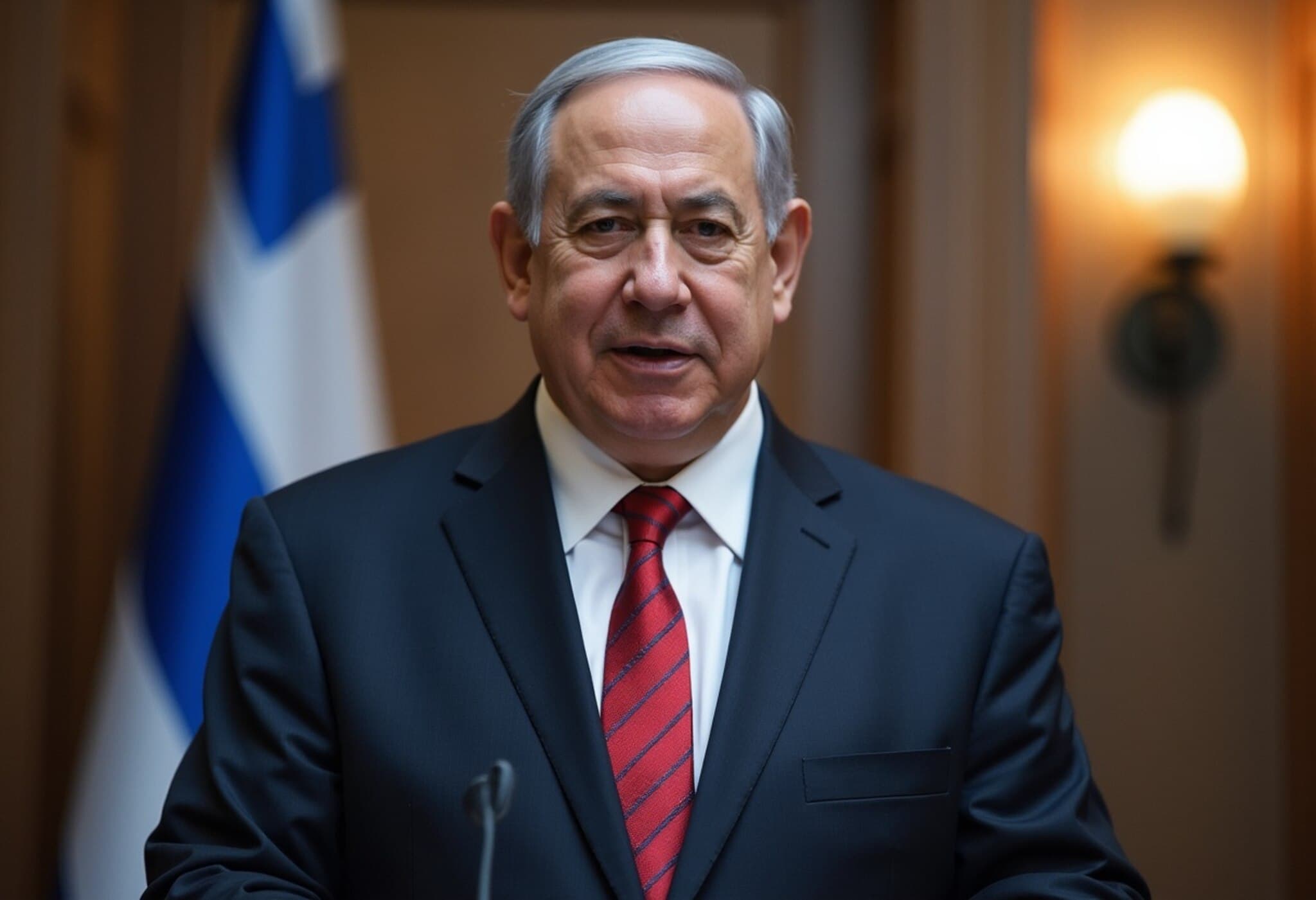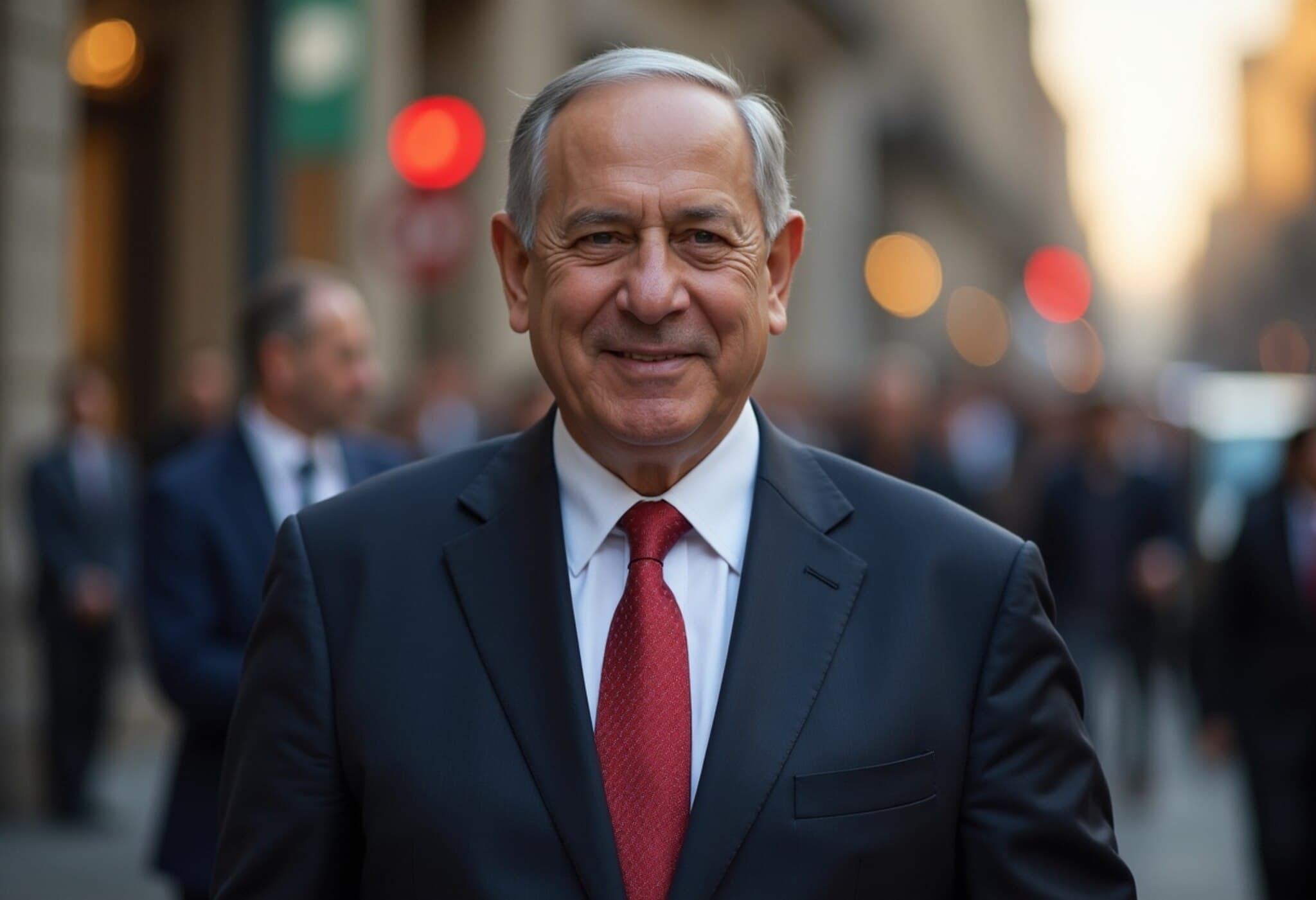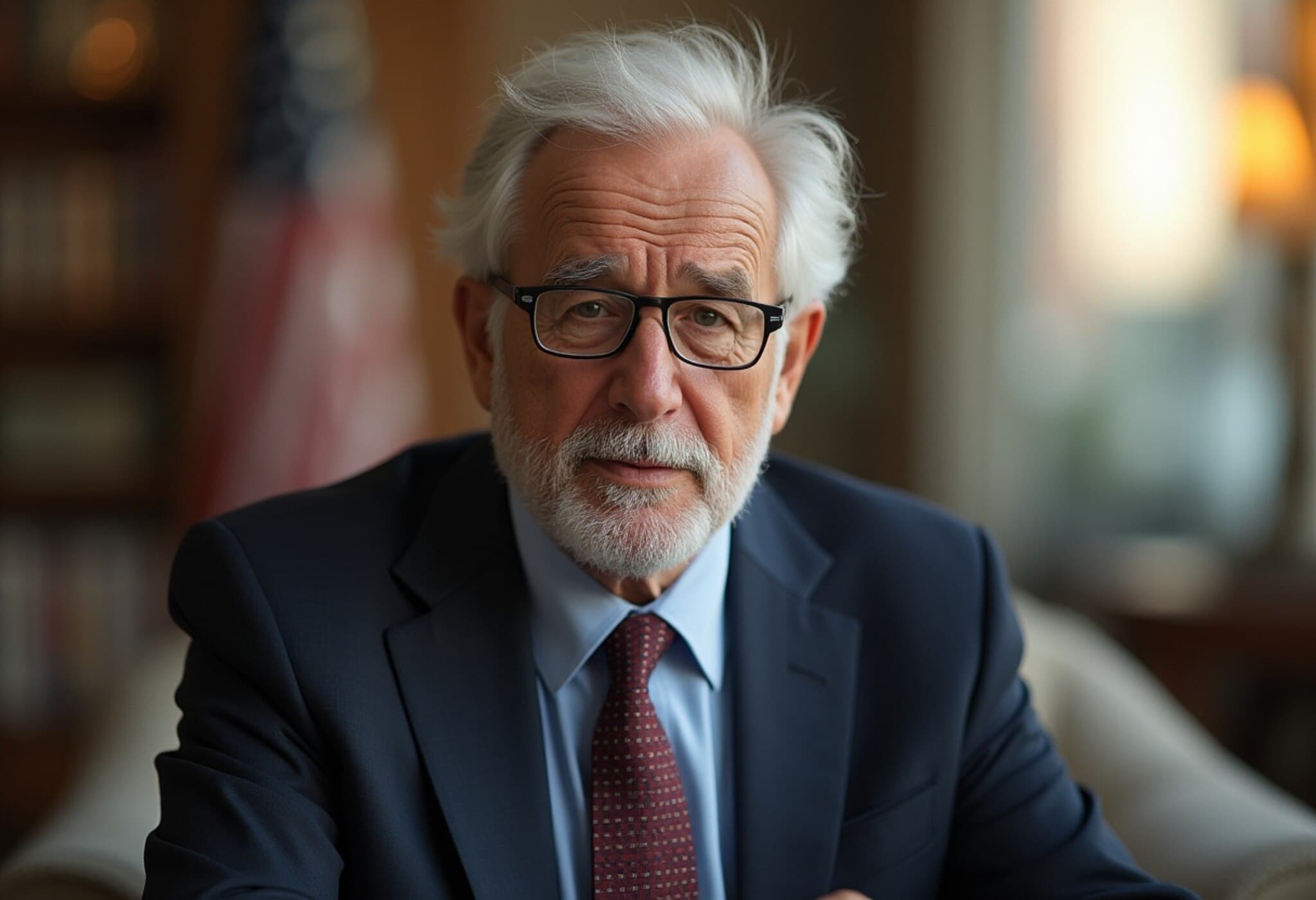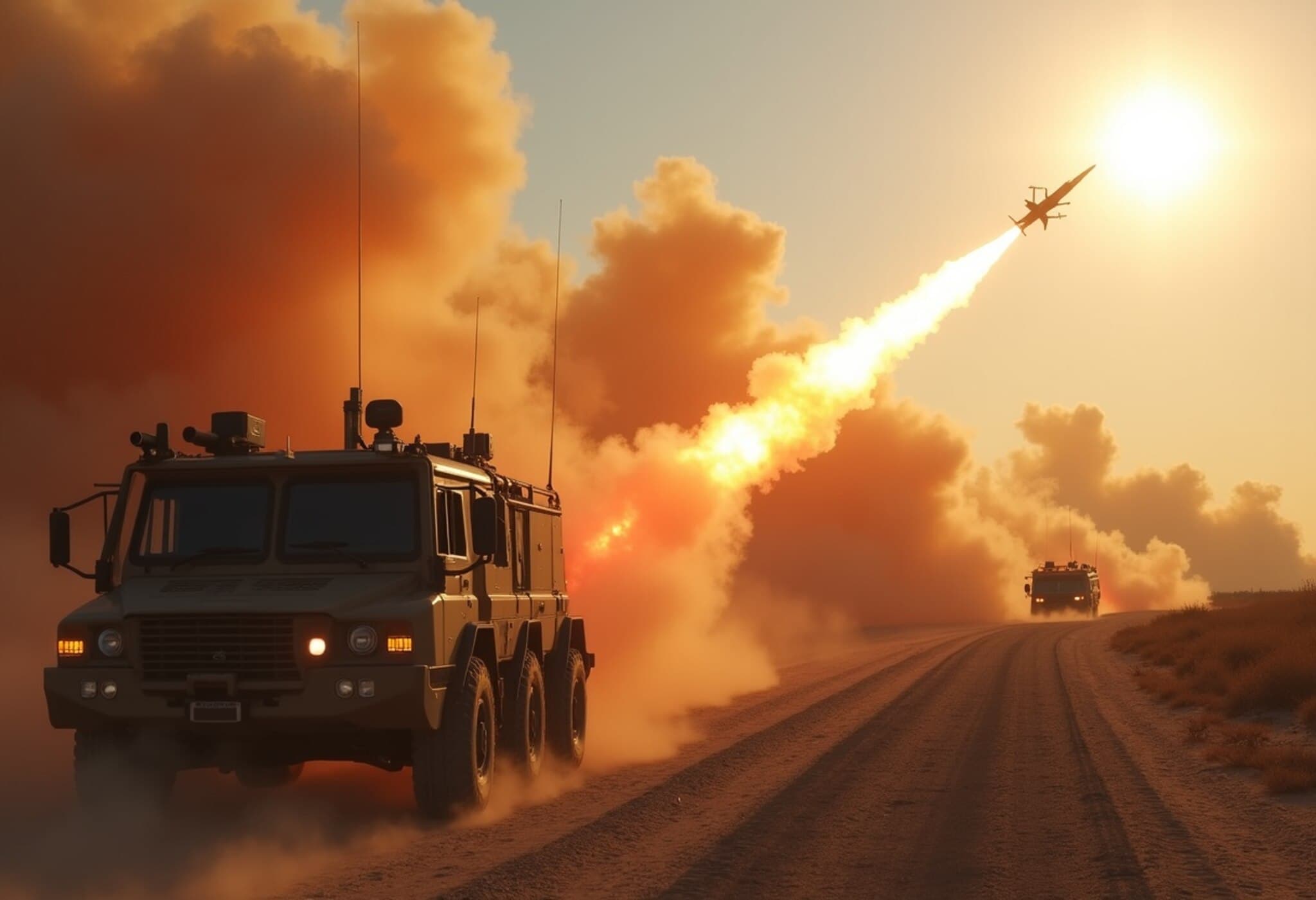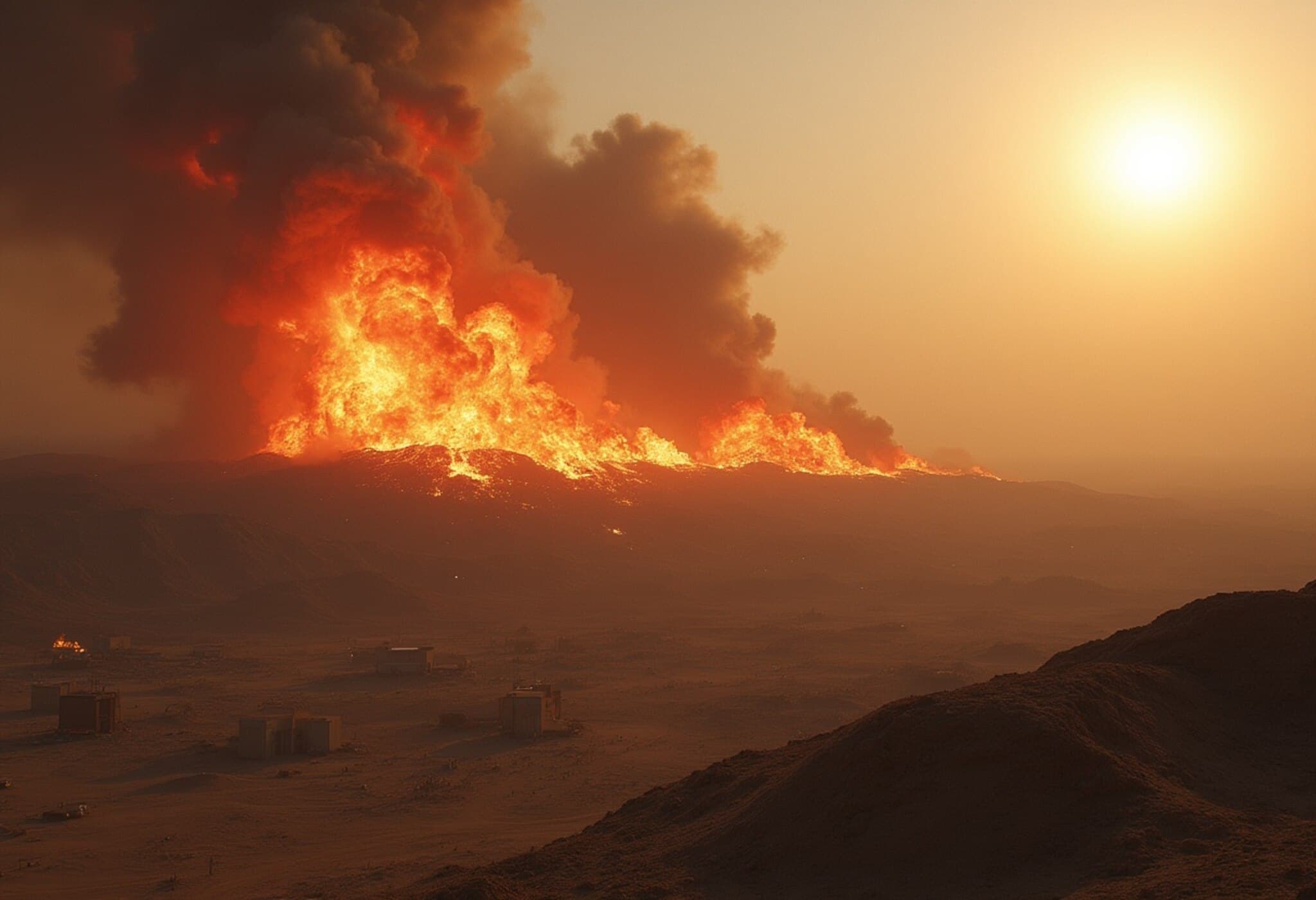Netanyahu and Trump Discuss Hostage Release and Gaza's Future
During a significant visit to the United States, Israeli Prime Minister Benjamin Netanyahu reaffirmed his unwavering commitment to securing the release of hostages held in Gaza and dismantling Hamas’ military and governing capabilities. Meeting with President Donald Trump, Netanyahu emphasized the necessity of ensuring that Gaza no longer poses a threat to Israel, underlining these points as central to their discussions.
Unprecedented US-Israel Partnership Under Trump
Netanyahu lauded the depth of the US-Israel relationship, describing the current cooperation as a historic milestone. “In the entire 77 years of Israel’s history, there’s never been this level of coordination, trust, and cooperation,” Netanyahu said, crediting President Trump for fostering a uniquely strong alliance.
Shared Victories and Strategic Coordination Against Iran
Beyond the immediate crisis in Gaza, the talks also covered the broader geopolitical landscape, particularly the joint operations against Iran. Both leaders reflected on what Netanyahu called the “great victory achieved over Iran,” signaling a reinforced partnership on strategic security issues in the Middle East.
Challenges in Ceasefire Negotiations and Humanitarian Concerns
Amid the high-stakes diplomatic dialogue, Qatari mediators had recently stressed the complexity and time required to reach a ceasefire agreement between Israel and Hamas. This process remains delicate, as both sides navigate calls for an end to violence while protecting their respective security concerns.
President Trump’s Nobel Peace Prize Nomination
During his visit, Netanyahu personally handed Trump a letter recommending him for the Nobel Peace Prize, highlighting efforts toward peace and regional stability. Trump, who has been nominated multiple times in the past, publicly expressed a strong desire to contribute to resolving the hostage crisis and broader conflict.
Expert Insight: The Regional and Global Implications
From an American policy perspective, Netanyahu’s visit underscores the enduring strategic partnership that shapes US involvement in the Middle East. The focus on hostage release and dismantling Hamas reflects a longstanding US priority of combatting terrorism while navigating complex humanitarian challenges.
Moreover, the emphasis on cooperation against Iran connects with broader US security interests, including preventing nuclear proliferation and curbing Iranian influence in volatile regions.
However, the slow progress toward ceasefire negotiations reveals the profound difficulties of balancing military objectives with diplomatic pathways—highlighting the human cost embedded within political strategies.
Looking Ahead: Key Questions
- How will the US-Israel alliance evolve amid ongoing Middle East tensions?
- What are the tangible prospects for a ceasefire and lasting peace between Israel and Hamas?
- How might the collective efforts against Iran shape regional stability in the coming years?
- What role can international mediators play in accelerating humanitarian relief and political solutions?
Editor’s Note
Netanyahu’s recent US visit highlights the intricate interplay of security imperatives, diplomatic negotiations, and humanitarian concerns that define the Israeli-Palestinian conflict today. While the commitment to hostage release and Hamas’ dismantling is unequivocal, the path to sustainable peace remains fraught with challenges that demand patience, strategic vision, and broad international cooperation.
For American readers, these developments offer critical insights into the nature of US foreign policy commitments and the complexities of Middle East diplomacy—a reminder that behind every headline are profound human stories and geopolitical stakes that resonate far beyond the region.

